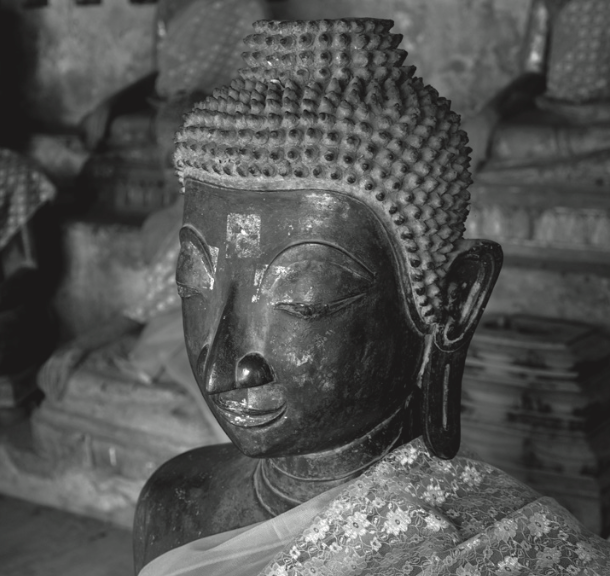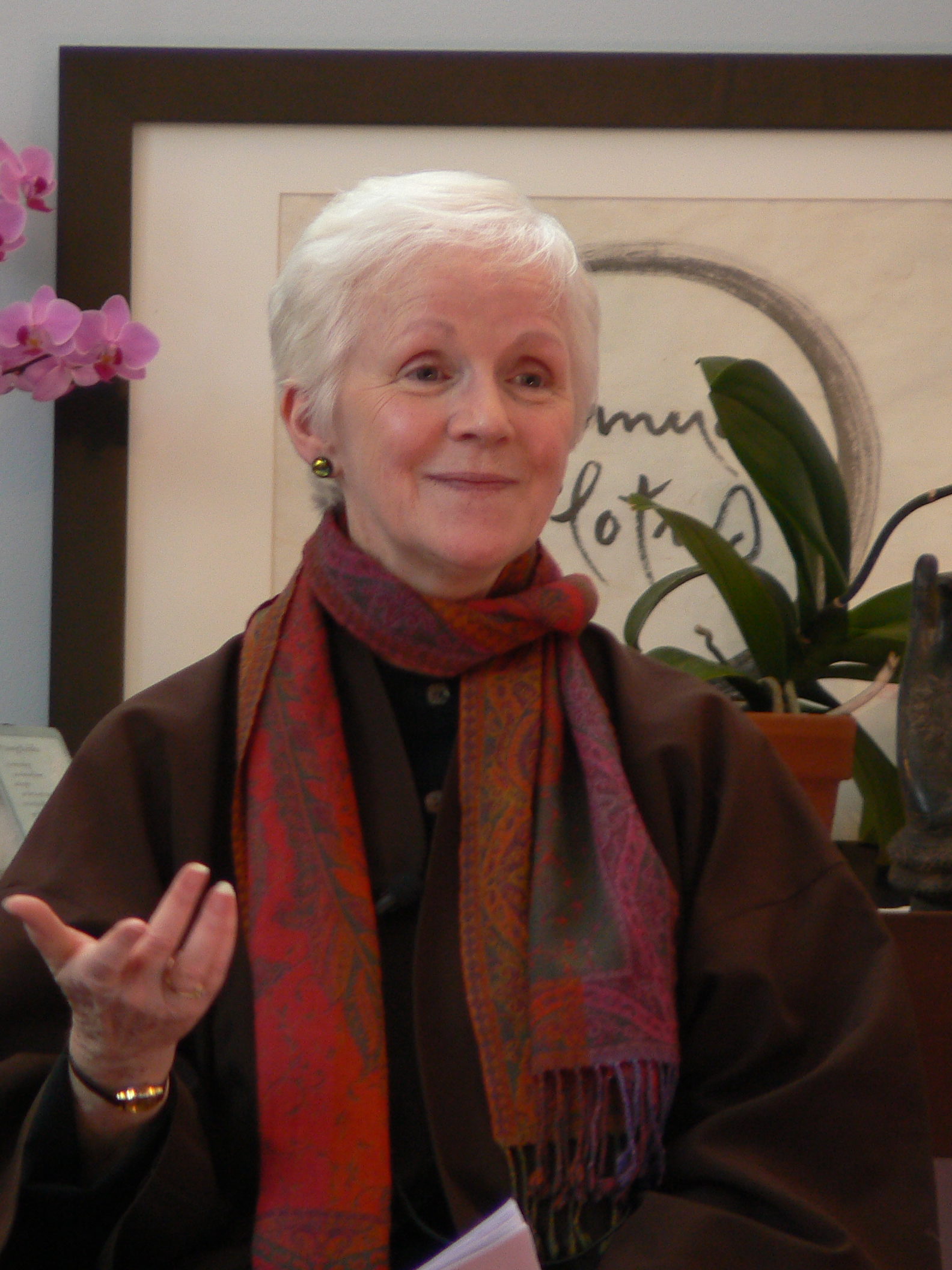By Joanne Friday

With all of the hatred, anger, and violence manifesting in our world, we’re all looking deeply at how to engage effectively so that we can be of some help. I’d like to offer a recent experience to add to the possibilities.
I’m a member of the Chaplain’s Association at a local university. Following the publicized incidents of police violence against people of color in our country,
By Joanne Friday

With all of the hatred, anger, and violence manifesting in our world, we’re all looking deeply at how to engage effectively so that we can be of some help. I’d like to offer a recent experience to add to the possibilities.
I’m a member of the Chaplain’s Association at a local university. Following the publicized incidents of police violence against people of color in our country, the Chaplain’s Association met to discuss how we might offer help. Several years ago, a Sangha sister and I had offered a workshop on deep listening. The panelists included two Israelis and two Palestinians who shared their experiences with, and views about, the situation in the Middle East. It was very fruitful, so I shared with the other chaplains that we might offer a similar workshop on the topic of racism.
The university observes an annual Martin Luther King Jr. Week when students return from their holiday break. As part of that observance, the Chaplain’s Association sponsored a Deep Listening Workshop on racism. We invited three students of color to speak for ten minutes about their experiences with, and views about, racism and discrimination. The students we invited were very enthusiastic about this opportunity.
I offered instruction on deep listening to the audience that gathered, describing deep listening as listening simply to truly understand the speaker. In our daily life, we often think listening only means being quiet while another person is speaking. We’ve been conditioned to listen from a place of comparing what is being said with what we think we already know. We fall into a dualistic type of thinking—I agree, I don’t agree, that’s right, that’s wrong, that’s good, that’s bad, etc. Thay always reminds us that when we listen in that way, we are not open to learning. I reminded the audience to watch their minds and notice if they fell into the pattern of dualistic thinking.
Another obstacle to deep listening is that we often get caught up in thinking about how we will respond when a speaker is finished. The audience was instructed that there would be no opportunity for discussion of the content once the panelists finished speaking, and was encouraged to notice and set aside any thoughts of responses or questions. Discussion would focus only on their own experiences of listening and what they noticed about their habits of mind, as well as any insights that might arise for them. It was also suggested that if they noticed strong emotions arising, they should stop and take three deep breaths into their bellies to help themselves remain calm enough to listen.
The panelists did a wonderful job of sharing heartfelt experiences. The audience responded in ways that indicated they had been observing their minds, and several were very surprised by what they noticed. They became aware of patterns of judging, comparing, and feeling the need to have an opinion. One individual mentioned that he noticed how difficult it was to keep his mind focused, even when he was very interested in what was being said.
The panelists were then asked if they would be willing to share what it felt like for them to be deeply heard. They all responded that they were moved by the true presence of those who were listening and how good it felt to know they were being heard. One student said he was usually very self-conscious when speaking in public and was very careful about saying the right thing because he did not want to reinforce stereotypes. He shared that he felt so much love in the audience that he felt safe to share whatever came into his heart. He later wrote me a note saying he hoped we’d do more of these workshops so he could be in the audience and practice listening!
All in all, it was a very moving evening. Since then, because of the killing of Muslim students in North Carolina and some hateful graffiti defacing a Muslim school in Rhode Island, the Muslim chaplain has invited me to work with him to offer another deep listening workshop so that the experiences and viewpoints of the Muslim students can be heard.
For those interested in offering such a workshop, it’s important to make certain the facilitator is capable of being very assertive. It wasn’t necessary at the gathering on racism; however, because we had people with very different views at the workshop on the Middle East, there was more emotion. After the panelists were done speaking, the first person to speak offered an opinion about what had been said. I needed to stop her and be very clear that although such a discussion could be very interesting, at this particular workshop we were simply going to focus on our experience of listening. From then on, folks followed the guidelines and we had a very fruitful sharing.
I offer this with much love and deepest gratitude for Thay, who has offered us these beautiful practices.
I reminded the audience to watch their minds and notice if they fell into the pattern of dualistic thinking.

Joanne Friday, Chan Lac Thi (True Joy of Giving), has been a student of Thich Nhat Hanh for many years and is a Dharma teacher in the Order of Interbeing. Joanne enjoys offering meditation retreats for Sanghas and groups throughout the US. She lives in Rhode Island, where she is the guiding teacher for the six Sanghas that comprise the Rhode Island Community of Mindfulness.

